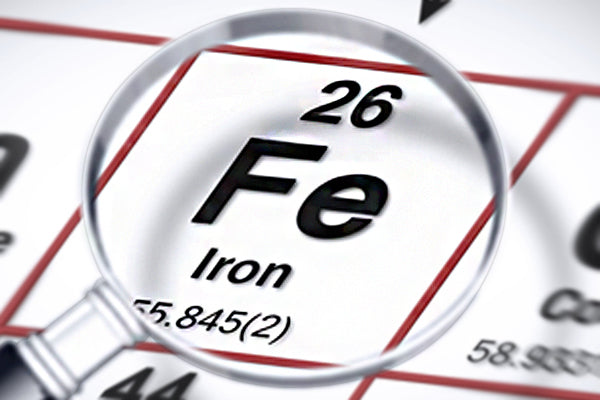
Anemia is a situation that occurs when there is a decrease in the total amount of red blood cells or hemoglobin in the blood. Hemoglobin is an essential part of the red blood cells and it binds oxygen. Symptoms of anemia are uncertain and may include uncommon weakness, shortness of breath, irregular heartbeat, fatigue, etc. There are many types of anemia, but the three main types of anemia are caused due to blood loss, decreased red blood cell production and increased red blood cell breakdown.
The essential component of red blood cells is hemoglobin, it is an iron-rich molecule that gives blood its red colour. It helps red blood cells to carry oxygen from the lungs to the rest of the body. Red blood cells have a lifespan of 120 days, after which old cells are removed from the circulation.
The human body makes three types of blood cells: White blood cell they are the first line of defence that wards off infections, Platelets heals your wounds and blood clots fast, and the Red blood cells that carry oxygenated blood around your body. Most of the blood cells, including the red blood cells, are produced in your body’s bone marrow; a spongy kind of tissues.
There are many factors which can cause anemia, such as:
- Iron Deficiency anemia- Deficiency of iron in your body can cause anemia. Your bone marrow requires iron to make hemoglobin. This type of anemia usually occurs in pregnant women.
- Vitamin deficiency anemia- Human body requires vitamin B12 to produce enough healthy red blood cells. Your diet lacking such vitamin may lead you to anemia.
- Anemia due to chronic disease- Cancer, HIV/AIDS, kidney disease and other chronic diseases can disrupt in the production of red blood cells causing anemia.
Leave a comment (all fields required)
Comments will be approved before showing up.


